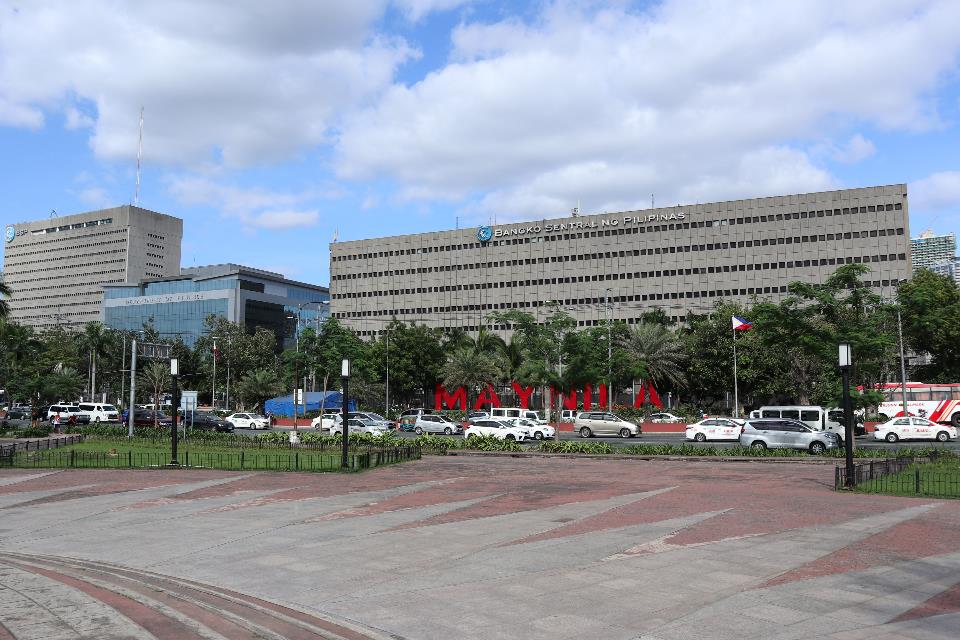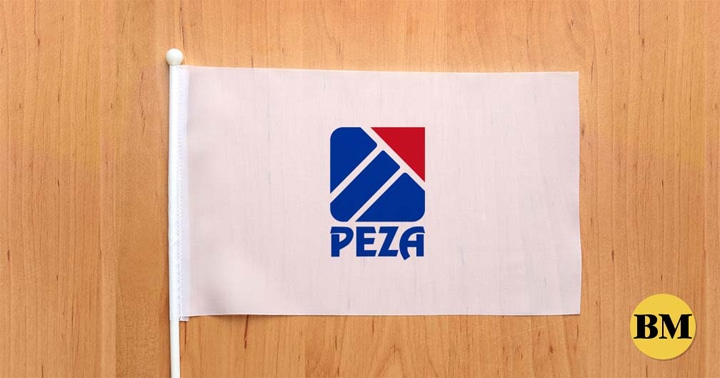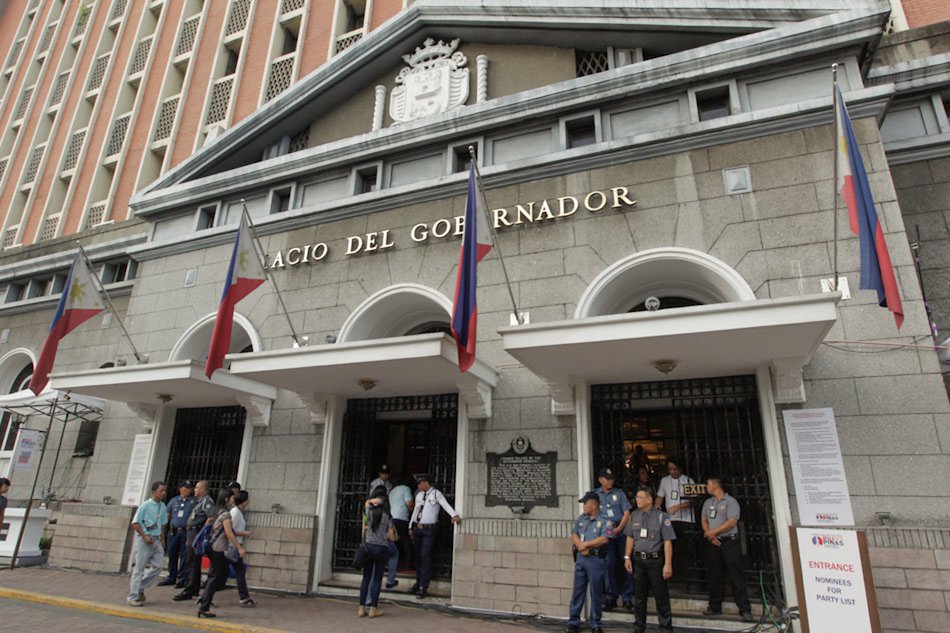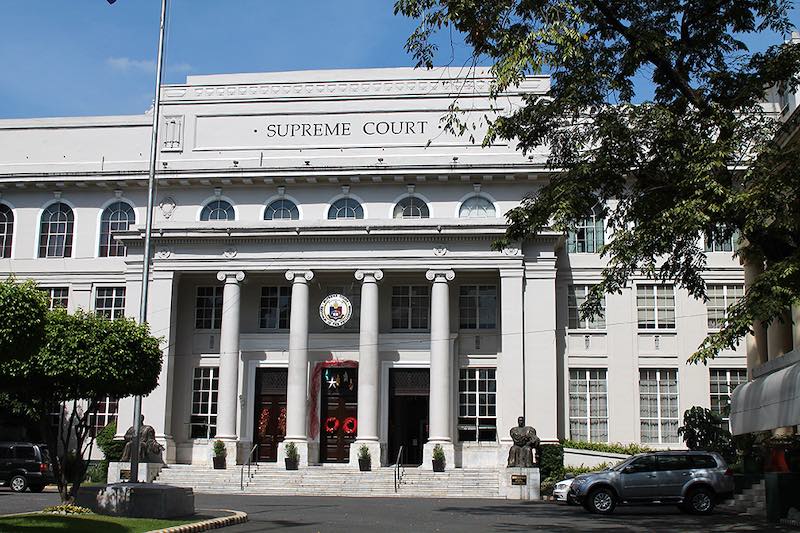WORLD Bank economists have warned countries against imposing price controls and restricting food exports as a means of arresting rising domestic food prices.
In a blog, World Bank economists Clemens Graf von Luckner and Kathryn Holston as well as Senior Vice President and Chief Economist of the World Bank Group Carmen Reinhart noted that food prices have been climbing since the pandemic began.
The economists also raised alarm bells on the impact of the Ukraine-Russia war, the first war in Europe since 1945, noting it also contributed to the rise in food prices. Some countries have seen an increase in food inflation of above 4 percent.
“A food crisis on the scale of 2008 may or may not repeat itself in 2022. But whether it does or it does not, policymakers across the globe would do well to avoid the mistakes of the past,” the economists said.
“A pre-emptive and rapid response from the international community to address the food price crisis is critical to prevent the worst humanitarian outcomes and lessen the risk of panicky policy responses,” they added.
The economists said the 2008 food crisis was aggravated by the restrictions imposed by a third of all emerging markets and developing countries (EMDEs).
However, since the pandemic, the economists said the onset of the Russia-Ukraine war, EMDEs have implemented these policies. One caveat, the economists said, is the difficulty in removing these policies which could lead to larger economic “distortions.”
Another common policy that countries, especially low-income countries, often resort to is price control. Governments implemented these as the purchasing power of households weakened.
The economists said these policies were “misguided” and could “dampen investment and growth, worsen poverty outcomes, cause countries to incur heavy fiscal burdens, and complicate the effective conduct of monetary policy.”
The authors added: “At times of rapidly rising food prices, a less distortionary policy response to support the poorest households is through targeted social protection programs that are both more progressive and, possibly, less damaging to government finances.”
Yet, they said, “the setup of targeted transfers requires more time and government capacity than flat subsidies. Timely action requires a prompt start.”
Since December 2019, food prices in countries like Lebanon, Colombia, Kazakhstan, Mongolia, Togo, and Tajikistan have posted at least double-digit increases, according to the economists.
Southeast and East Asian economies in the list of those experiencing food price increases of over 4 percent were Hong Kong and Indonesia.
In the Philippines, food inflation averaged 4.5 percent in 2021. In the first quarter of 2022, food inflation averaged 3.4 percent.

































